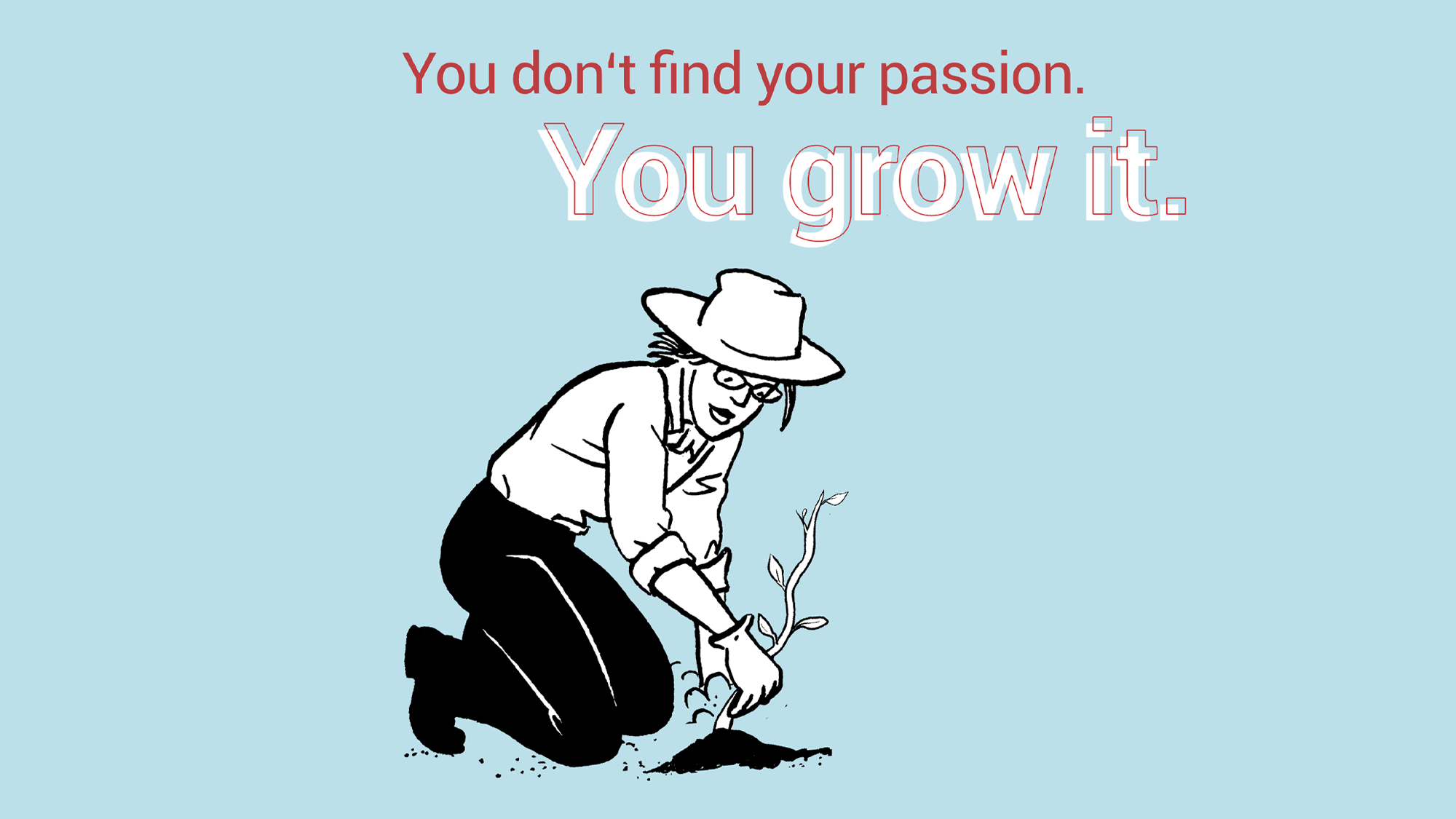The best way to choose your subjects in Cambridge IGCSE
2 February 2021 — Written by Reyan Mishra

‘Transition happens in the background’, ‘you will know with age’ or ‘as you grow you will know what’s right for you to do. These cliches have become all too common for learners lately and hold little value as well, especially for those who are considering switching boards or are contemplating the subjects to choose under the Cambridge IGCSE curriculum in high school. Young learners, besides having a head full of aspirations, have fears and preconceptions that often cloud their judgement while zeroing in on a career option. And this calls for sound guidance on the parts of parents and educators alike.
From our observation of learners at Beyond 8, positive experiences, general perceptions of subjects and early conditioning have a lasting impact on one’s inclination towards a particular subject or set of subjects. However, are these parameters the only and best ways to assess how learners need to choose their subjects? What if a learner is gifted in a particular area but is averse to the subject because of traumatic exams or unimaginative rote learning he/she associates it with? Therefore, it is safe to say that there is no one-size-fits-all response to the question: which subjects should I choose in high school?
Enter dream mapping!
Every learner’s interests are nuanced and looking at them through the learners’ vision of their futures is the first step towards helping them choose subjects. When they enroll at Beyond 8, they go through dream mapping, an intimate conversation between young learners, their families and experts to capture their dreams for the future. In addition, the process also sheds light on the learner’s sources of motivation, strengths, weaknesses, and capabilities to grow. The process is an evolution of the Personal Futures Planning Program (PFP) which was initially developed at Perkins University to assist one plan the upcoming stage of one’s life. Keeping learner’s interests and passion at the centre of this process, trained facilitators use psychometrical tools and their expertise to help a child find out his/her true calling.

Cover image via: Jessica Abel